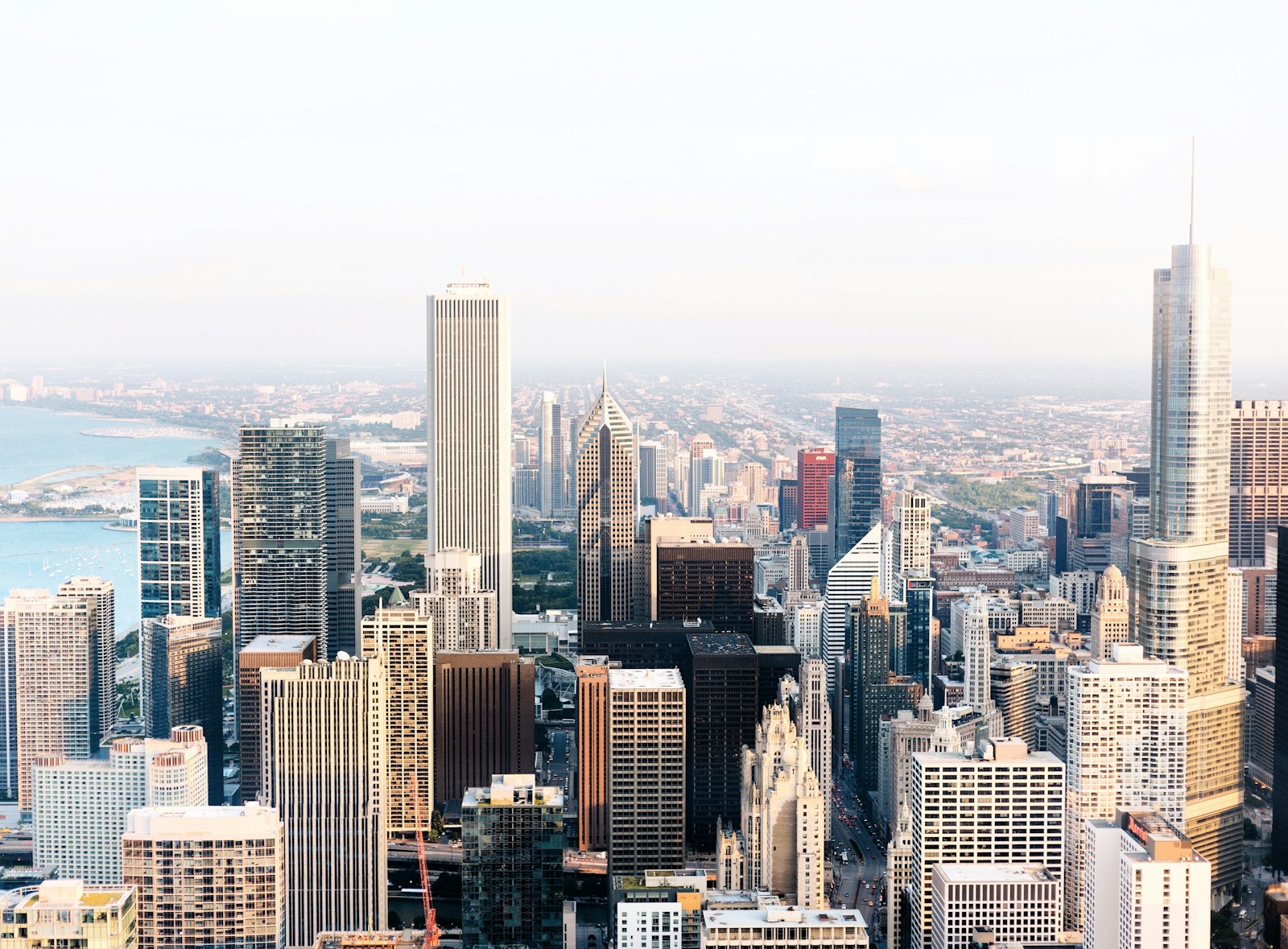
urbe

city
The Spanish word 'urbe' is translated as 'city' in English. It can be used in a variety of contexts, much like the English word 'city'. It's quite a broad term and can refer to a large or small city, just as in English. It's a noun and it's common in usage. It's usually associated with urban, modern or busy areas with lots of buildings and people. Overall, 'urbe' represents a place where people live, work, and engage in various societal activities.
Example sentences using: urbe
La urbe está llena de edificios altos.

The city is full of tall buildings.
This sentence is showing the use of 'urbe' as a synonym for city, showcasing that it can be used to describe the physical structure of a city. The use of 'está llena' explains that there is a large number or quantity of tall buildings in the city.
Vivo en la urbe, pero prefiero el campo.

I live in the city, but I prefer the countryside.
The sentence presents a contrast between living in the city (urbe) and the preference for the countryside. This illustrates how 'urbe' can be used as a term to express lifestyle and personal preferences.
La vida en la urbe es agitada.

Life in the city is hectic.
This illustrates the use of 'urbe' to convey an idea about the pace of life in a city. It implies that city life is often busier or more chaotic than life in other settings.
El ruido de la urbe me molesta.

The noise of the city bothers me.
This sentence uses 'urbe' to indicate a common complaint about city life, which is the level of noise. It infers that city environments tend to be noisier than quieter, more rural areas.
El museo más famoso de la urbe está cerrado.

The most famous museum of the city is closed.
This sentence uses 'urbe' in the context of discussing city amenities or attractions. It explains that the most famous museum in the city is currently closed.
Es difícil encontrar aparcamiento en la urbe.

It's hard to find parking in the city.
This sentence uses 'urbe' to express one of the potential difficulties of living or driving in a city, which is the lack of available parking.
La urbe se ve hermosa de noche.

The city looks beautiful at night.
This phrase shows 'urbe' being used to describe the aesthetic qualities of a city, specifically during night time.
Los servicios de la urbe son excelentes.

The services of the city are excellent.
This sentence uses 'urbe' to discuss the quality of city services, suggesting that they meet or exceed expectations.
Nos mudamos a la urbe para tener más oportunidades.

We moved to the city to have more opportunities.
In this sentence, 'urbe' is used to describe a city as a place of opportunity, giving reasons for moving to an urban area.
El parque es el pulmón de la urbe.

The park is the lung of the city.
This sentence metaphorically uses 'urbe' to suggest that green spaces like parks provide necessary respite in a city, much like lungs provide necessary oxygen to the body.